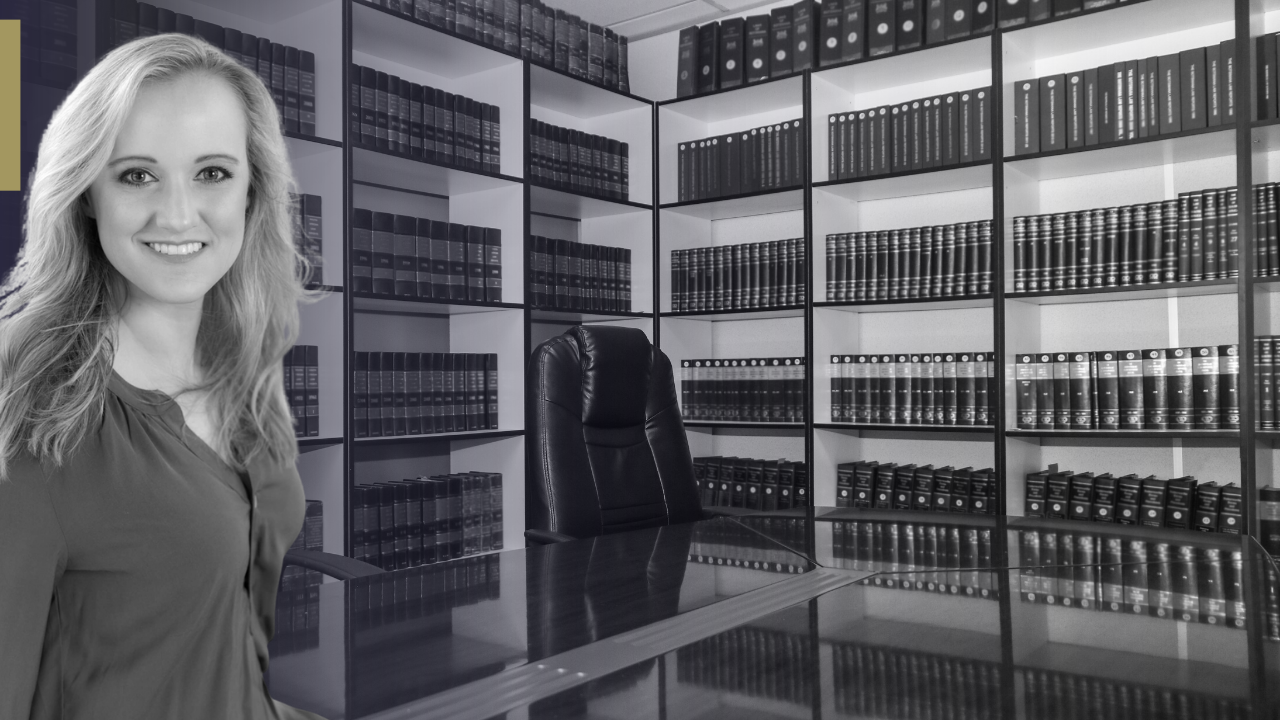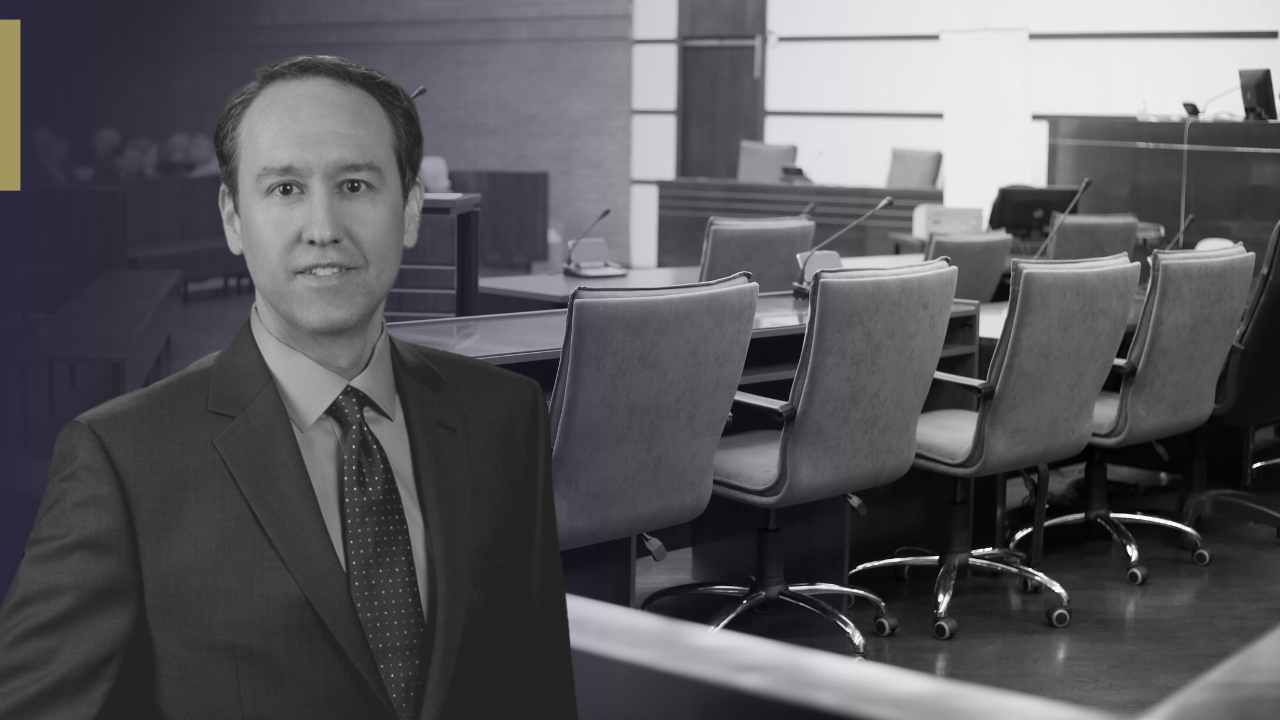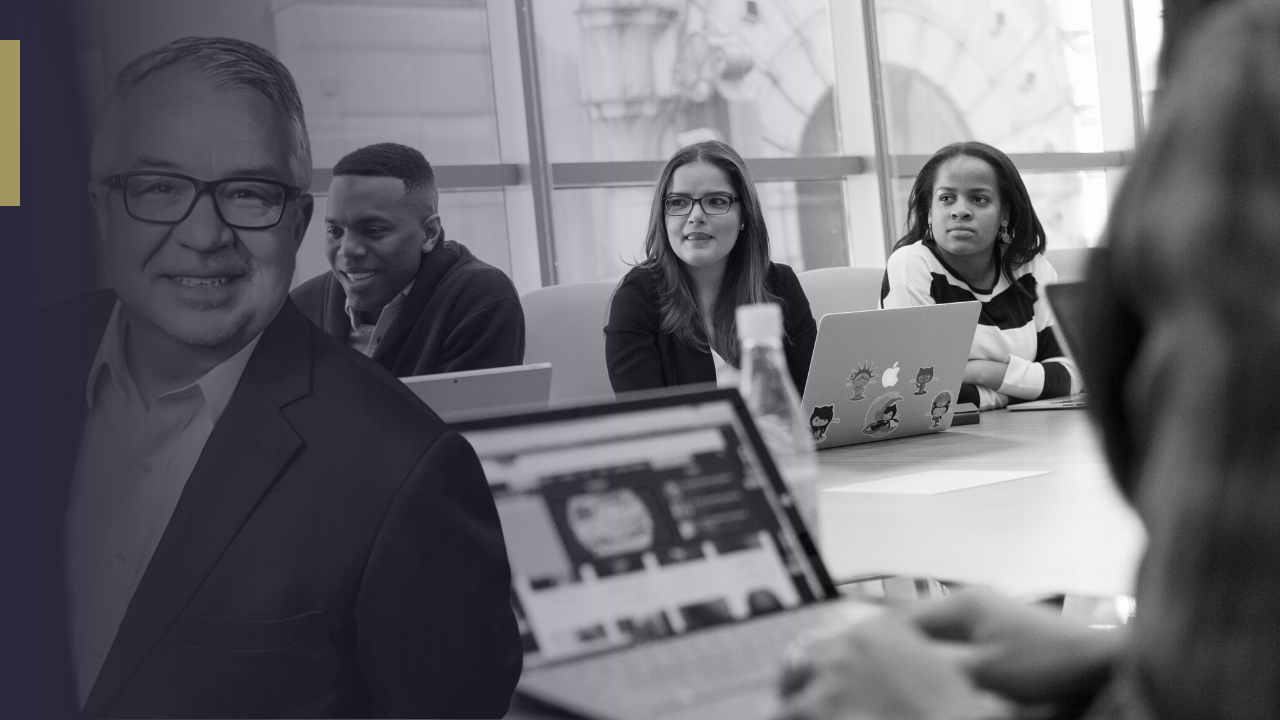(pardon the typos. It’s 2:17 a.m.)
The quarantine has been a time of reflection. I think I remember what a courtroom looks like. And if quarantine were not bad enough, the steady stream of political and racial upheaval fed to me all over the news and various social media outlets has me itching for a trial. Alas, trials aren’t happening. I read somewhere that one judge tried to have a trial, and a Coronavirus flare-up happened. Another judge tried to do a trial by Zoom, and a juror took a phone call during trial. We have been good over here. We’ve efiled things left and right. And we’ve received a steady stream of orders.
Away from the press of court dates and with a relaxed set of deadlines, I have had the opportunity to reflect. And I am pleased to make an announcement. I am expanding into the are of plaintiff’s personal injury at the appellate and trial level (with an emphasis on the trial part). Allow me to explain a bit.
- I miss the courtroom. In the Spring and Summer of 2018, I tried two cases to verdict. One was a major felony in a state court. The other was a major drug conspiracy in Federal Court. In the last few months, I have opened two major felony trial-level cases. I’ll always love and do appeals. But it can be a bit frustrating to discover how things went badly as I read about them in a transcript. These trial-level cases feel like something of a blank canvas waiting to be created.
- I’m ready to do something new and for renewal. I love the writing of Shunryi Suzuki. Since I read it years ago, there is seldom a day when I do not think of his work, Zen Mind, Beginner’s Mind. “In the beginner’s mind there are many possibilities, but in the expert’s there are few.” He explains, speaking of Zen, “The same thing will happen in your other Zen practices. For a while you will keep your beginner’s mind, but if you continue to practice one, two, three years or more, although you will improve some, you are liable to lose the limitless meaning of original mind.” I will continue to quote Suzuki, because he’s just that good. “Our ‘original mind’ includes everything within itself. You should not lose your self-sufficient state of mind. This doesn’t mean a closed mind, but actually an empty mind and a ready mind. If your mind is empty, it is always ready for anything; it is open to everything. In the beginner’s mind there are many possibilities; in the expert’s mind there are few.” I recall my days of beginner’s mind in criminal practice. They started when I was a 3L and worked up a major felony file for two seasoned lawyers to try. I had big a clunky laptop. And I spend an entire weekend calling each of the State’s witnesses one by one. I took careful notes of what they told me. And I learned some things about the case that the prosecution and the cops didn’t know. Armed with that knowledge and with their skill, I watched that weekend of work contribute to an acquittal. I remember my first jury trial — a very minor misdemeanor that felt like the OJ trial to me. I remember hearing the not guilty verdict. My career thus far has had many such moments — receiving an opinion from the court, clicking the link, and discovering that I not only won but that the case changed the law for the better. But lately I’ve felt a bit like Bill Murray’s character in the movie Groundhog Day (living in the fourth year of the Trump administration and the 7,000th day of quarantine hasn’t helped this feeling). I think it’s time for something new. I sit and type and recall what beginner’s mind felt like. For what I do, I’ve become an expert. But expertise should never get in the way of beginner’s mind. And I think when we spark beginner’s mind, the way of Zen pervades even the areas of expertise.
- I Love the Practice Model. For the criminal defense attorney in private practice, there is a harsh reality. The clients you often would most like to help cannot afford to fund the kind of defense you can provide. And if you start making a bunch of exceptions you won’t’ be able to provide that level of defense to those who can pay. So, for every client I take, 8-10 are turned away or can’t fund the work. In addition, the gods don’t always hand out great facts. And financially the client and I often find ourselves on opposite sides of the table based upon money. In the P.I. world, because compensation is tied to what is recovered, the client functions as kind of a partner. And the case is taken based upon merit rather than the ability to pay (seasoned plaintiff’s attorneys will email me on this point and accuse me of being a bit Pollyanna about all of this. But they likely are taking it from a position of expertise).
- A Career in Criminal Trial and Appellate Practice has Prepared me for Such a Time as This. A buddy and colleague of mine made the leap from criminal to P.I. several years ago. And I’ve annoyed mercilessly about all of this. He’s been a remarkable sport. He assures me that all of the jury trials and oral arguments I’ve done over my career (I’ve lost track of the number of both at this point), has built up better chops than those who did not come over from the criminal arena. Also, I am not at all afraid to lose. You develop a thick skin for loss in nearly two decades doing criminal appeals or you will literally die. If you want to win in criminal litigation, go interview to be a DA. Not that I haven’t won a lot. I have. But it’s all relative.
- Speaking of the Times, the Times are Calling. If our nation survives the things that make me appalled every time I turn on the news, are going to usher in a society more willing to hold people accountable in the arena of torts. There is a legitimate push to drop qualified immunity in civil rights cases. I’m not holding my breath. But it’s an interesting thing to behold. Sitting in quarantine watching the parade of truly disgusting things in the news, I think that the prospect of helping victims become successful plaintiffs is intriguing.
To be sure, I am not quitting any of the things I currently do. And I still re on fire for my current clientele. But I’m ready to be more selective about those cases in the future. And a new acquisition of beginner’s mind will help me in these areas as well.
So, there you have it. At 2:10 a.m. as the news shows us the cities burning and in the midst of a global pandemic, I feel inspired to new horizons. I’m not sure where the cases are. There are a bunch of click tv ads and billboards. But I don’t want to be a volume guy necessarily. As I set out, I am confident the horizon is out there ready to be pursued. And Somewhere between here and there is the beginner’s mind.


